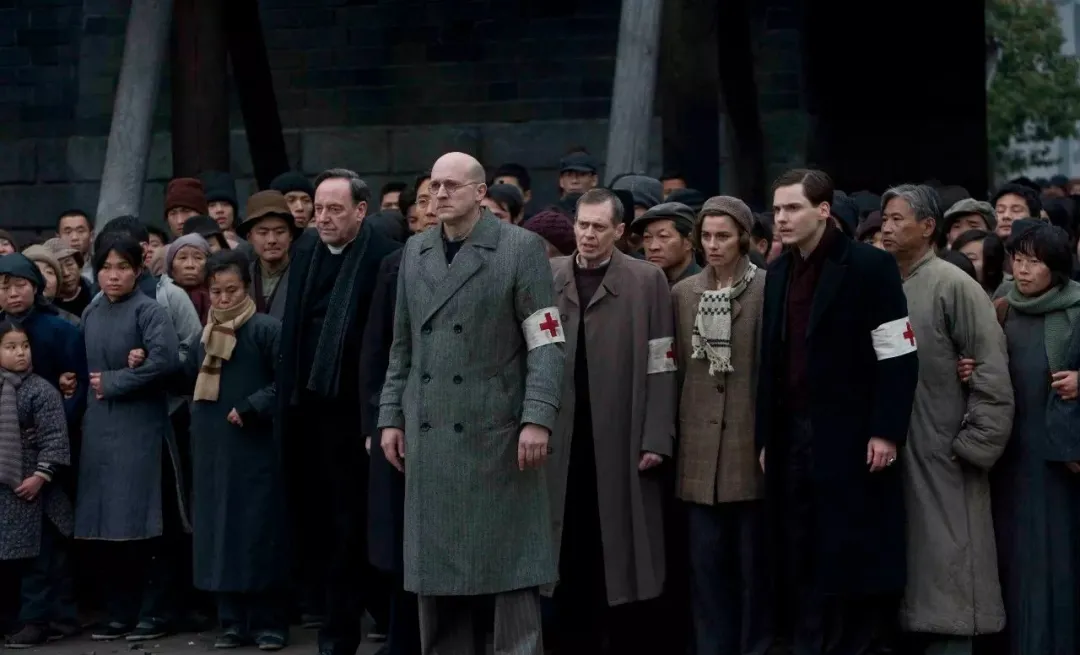↑↑Follow us
Read excerpts every day

The Rabe Diaries by John Rabe
The book was written by John Rabe at the risk of his life during the war, but it lay in the attic where Rabe's son lived for decades until it was published 60 years later, in 1997. Its publication has caused great repercussions at home and abroad, and it is recognized as the largest number and most complete historical materials discovered in recent years to study the Nanjing Massacre.
With Rabe's brushstrokes, let's return to Nanjing, the capital of the Republic of China after the Japanese occupation in 1937, what kind of a human hell it was. What kind of purgatory is people living in Nanjing and China going through at this time.
Selected excerpts
1. In the past, people would be happy for a sunny day, but now we are worried about the clear sky without clouds. Sunny weather means Japanese air raids to us, and for that we want to have as few sunny days as possible.
2. Those who stay are left because they have no money to flee with their families and a little property, they are the poorest of the poor, should they use their lives to make up for the mistakes made by the military?
3. The killing is difficult to describe in ink and ink, such as in order to "save" kerosene, the Japanese army burned the Chinese to a half-burn and threw it into the pond; in order not to let foreigners hear the gunshots, the Japanese army preferred to use bayonets to slaughter Chinese, and machine gun strafing became a "humane" method of execution.
4. An American put it this way: "The safe zone has become a brothel for the Japanese." This statement can almost be said to be true. About 1,000 girls and women were raped last night, and more than 100 girls were raped at the Jinling Women's Liberal Arts College alone.
5. At 6 p.m., a Chinese newspaper published a special issue announcing that the Chinese government was moving to Chongqing. Nanjing Central Radio confirmed the news and announced that it would fight to defend Nanjing to the last drop of blood.
6. Some refugees came forward, one of them there were about 50 people, and they were taken away immediately. According to one survivor, they were taken into an empty house, all valuables and clothes were robbed, their clothes were stripped off, and every 5 people were tied together in groups of 5. Then the Japanese lit a large pile of firewood in the courtyard of the house, led groups of people to each other, stabbed them with bayonets, and threw them alive on the fire.
7. We placed about 1,000 Chinese soldiers in the Ministry of Justice building, and about 400 to 500 people were tied up and forcibly dragged from there. We reckon they were shot because we heard a variety of different machine gun fire. We were stunned by this practice.
8. One might think that Soviet Russia was a paradise on earth and that Stalin was an angel of peace. Poor China – it's deceived!
9. In a war, dregs will rise in any country. Of course, it is undeniable that criminals and pornographic tyranny take advantage of this opportunity to indulge their ugly nature. The cruelty and murderous nature seen in Japanese soldiers may be unavoidable in a country that today still embraces the "suicide by caesarean section" vulgarity and allows children to read stories of brutality and murder.
10 Fascism is the product of the vicious development of the contradictions inherent in the capitalist system in the early 20th century.